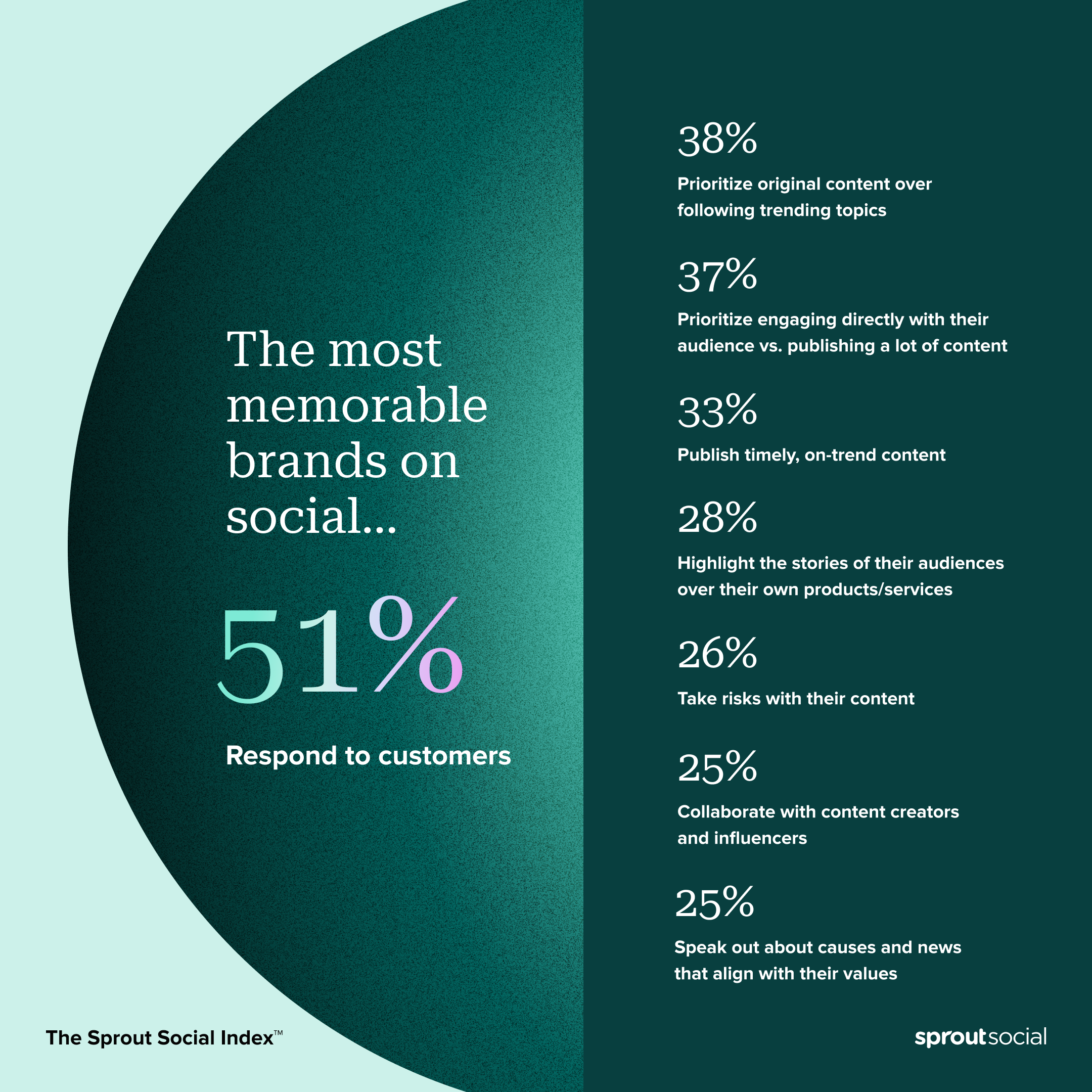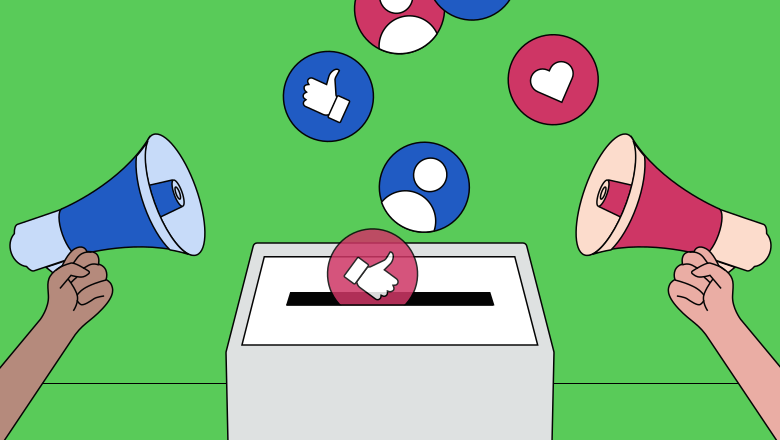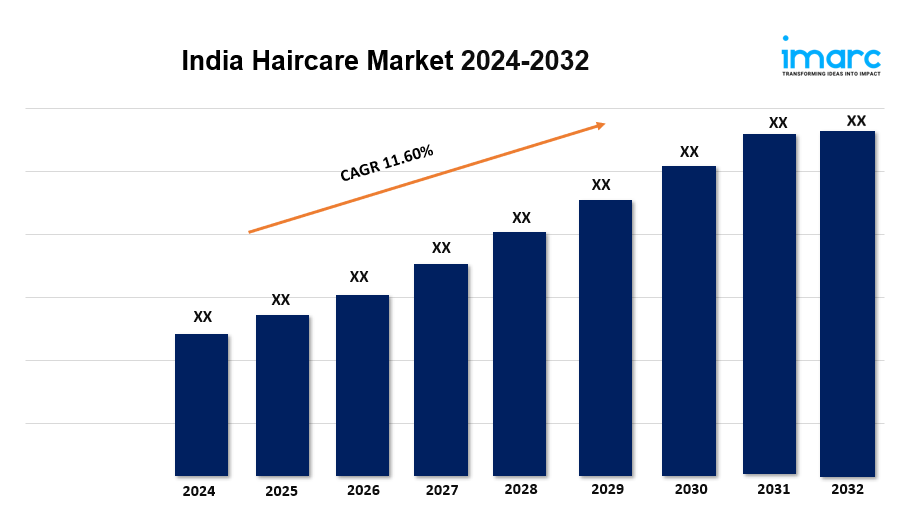The 2024 US presidential election is several months away, but social media is already politically charged. According to Sprout Social Listening data, from January 1 to March 6, 2024 there were almost 7.6 million conversations about the presidential election which garnered almost 45 million engagements and more than 103 billion impressions.

Of these conversations, less than half were positive. A proof point that illustrates what many social marketers already know: Presidential elections make social media a hard place to navigate, even if your brand isn’t inherently political. In a typical year, running social media for a brand account is complex. But during a year like this, the complexity and risk multiply tenfold.
To make it through this year unscathed, brands should consider what audiences actually expect from them, and have a plan in place to protect their brand safety.
Will brands sit this one out?
The dawn of social media activism—from #OccupyWallStreet to #ArabSpring to the 2016 US presidential election—changed people’s expectations of brands. Consumers started demanding that apolitical businesses take on a new level of corporate responsibility. According to Harvard Business Review, “Business has become enmeshed with politics and social issues…By 2018, CEO activism was seen as the ‘new normal.’”
In 2020, we saw brands speaking out more in response to the onset of the COVID pandemic, worldwide Black Lives Matter protests and growing concerns about climate change. So much so that brand activism on social became the expectation, and brands who remained silent on certain issues were heavily criticized.
But in the last few years, consumer demands have begun to shift again.
A few years ago, brands speaking out on issues was non-negotiable. But as The 2023 Sprout Social Index™ points out, today only 25% of consumers believe brands must speak out on causes and news that align with their values to be memorable. In fact, only 21% of consumers follow brands on social because their mission or values align. With skepticism around performative activism on the rise, audiences value brands that prioritize providing excellent service over lackluster public statements.

And it seems brands are growing weary of taking hard stances on political issues for fear that it could alienate members of their audience, invite a tidal wave of hate and trolling, or backfire in the future. When doing research for this article, no brands were willing to speak about their approach to this year’s election—suggesting brands are tired of being burnt by the harsh political limelight.
Some brands, like nonprofits and political associations, will inevitably need to be present in social media conversations about controversial topics. But even they will be selective about how they engage to reach their goals on social. They must be strategic in order to increase awareness, drive engagement and emerge from election season a thought leader. The key is being quick to the draw when it comes to sharing their unique POV on timely topics, and understanding which issues are important to their community. For example, Gen Z voters are particularly interested in mental health, while Gen X is more concerned about employment opportunities.
Though it’s still early, it seems likely that brands will be far less involved in this year’s US presidential election than in 2016, and instead focus on audience engagement and protecting their brand image.
The influencer loophole
While most brands might shy away from sharing explicit statements about their political affiliation, there might be one way they can still demonstrate their values: influencer marketing. Like Reformation’s latest campaign with Monica Lewinsky and Vote.org, some brands will rely on influencers and celebrities to communicate their brand values.
@girlbosstown#greenscreen @reformation
♬ original sound ' GirlBossTown














